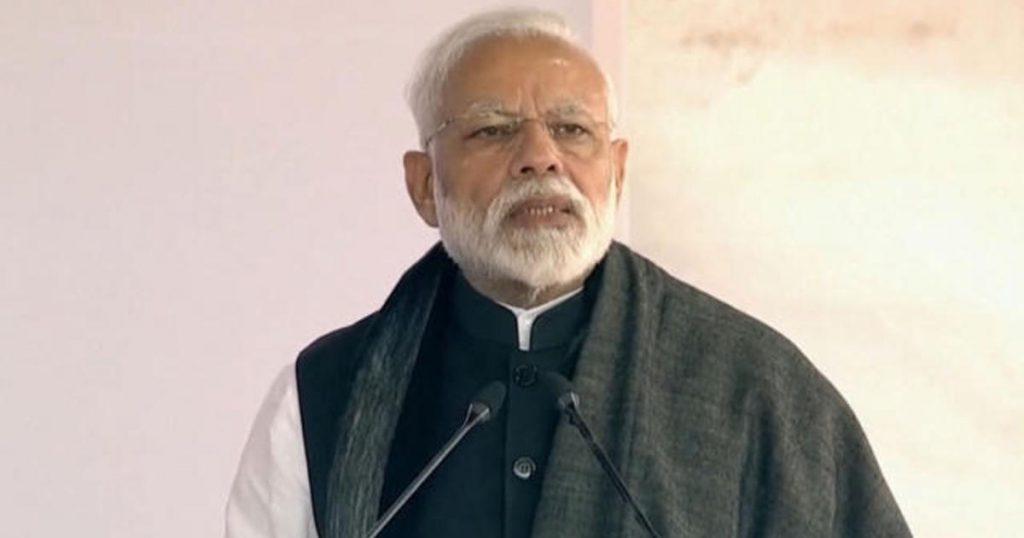
With its high-profile North American sweepstakes to land the coveted HQ2, Amazon set out to change the game in corporate site selection. The new headquarters would be “a transformational project,” the company declared in its 2017 request for proposals. State and local economic development leaders eagerly took the bait, with 238 localities in the United States, Canada and Mexico offering all manner of incentives to get in on the deal.
Nearly 18 months later, with the company pulling out of a deal to locate part of the facility in New York, Amazon may well have changed the game, but not in the way it had hoped.
“The idea of doing this national, public, in-your-face sweepstakes model, I don’t think we’re going to see this again,” said John Boyd, a Princeton, New Jersey-based consultant who guides companies in the site selection process.
Public bidding wars like the HQ2 process had been a tried and true way for companies to wring incentives from state and local governments. In the 1980s, General Motors collected tax breaks from Tennessee in exchange for choosing Spring Hill as the site of its new Saturn plant following a nationwide bidding war. More recently, Nevada beat out Texas, California, Arizona and New Mexico as the site of a new Tesla battery plant by offering $1.3 billion in tax breaks.
But incentives were already becoming controversial by the time Amazon launched its HQ2 process in September of 2017. The company nonetheless insisted on secrecy on the part of its 20 finalist cities, on the apparent belief that no one would want to pass up the 50,000 jobs and billions in investment it was offering. In the end, however, the opaque process left community groups in New York feeling blindsided when details of the deal emerged.
Boyd said that in contrast to Amazon, most companies have already become far more careful about engaging all stakeholders.
“They realize that part of the site selection process now is creating goodwill among the public and among lawmakers,” he said.
Meanwhile, opponents of the subsidies are feeling emboldened by what they are calling Amazon’s “defeat.”
“This is a huge victory for community organizing that is strengthening the efforts underway in Arlington, Virginia, and Nashville,” said Greg LeRoy, executive director of the watchdog group Good Jobs First, in a statement.
Arlington and Nashville were the other two winners in the HQ2 sweepstakes, with 25,000 jobs slated to go to Arlington’s Crystal City neighborhood, and 5,000 jobs going to a new operations center in Nashville. Both locations could get some of the jobs that were to go to New York, but now activist groups in both cities are intensifying their efforts to win concessions from Amazon.
“Together, we will continue pressing our demands that Amazon show up in our communities to listen to community members about real concerns regarding jobs, displacement, rising costs, lack of transparency, and shutting communities out of processes,” said a statement by an as-yet-unnamed coalition of more than 20 community groups including the Center for Popular Democracy, New Virginia Majority, and Stand Up Nashville.
Boyd said Amazon simply overplayed its hand.
“A lot of this backlash I think was foreseeable,” he said.
That is not to say that the whole concept of states and municipalities offering incentives for corporate relocations is dead. On the contrary. It is just that the process normally plays out much more quietly. Governments have also become more aggressive about inserting provisions in incentive deals to protect taxpayers if companies do not keep their promises about adding jobs.
“That has been the trend over the past decade,” Boyd said. “Clawback provisions are crafted very carefully.”
Another trend is that incentive packages are less focused on pure giveaways like tax breaks, and more geared toward things like workforce development and infrastructure improvements, which companies prize, and the public is more likely to support.
“An argument can be made that incentives actually serve a public good in some way,” Boyd said.

